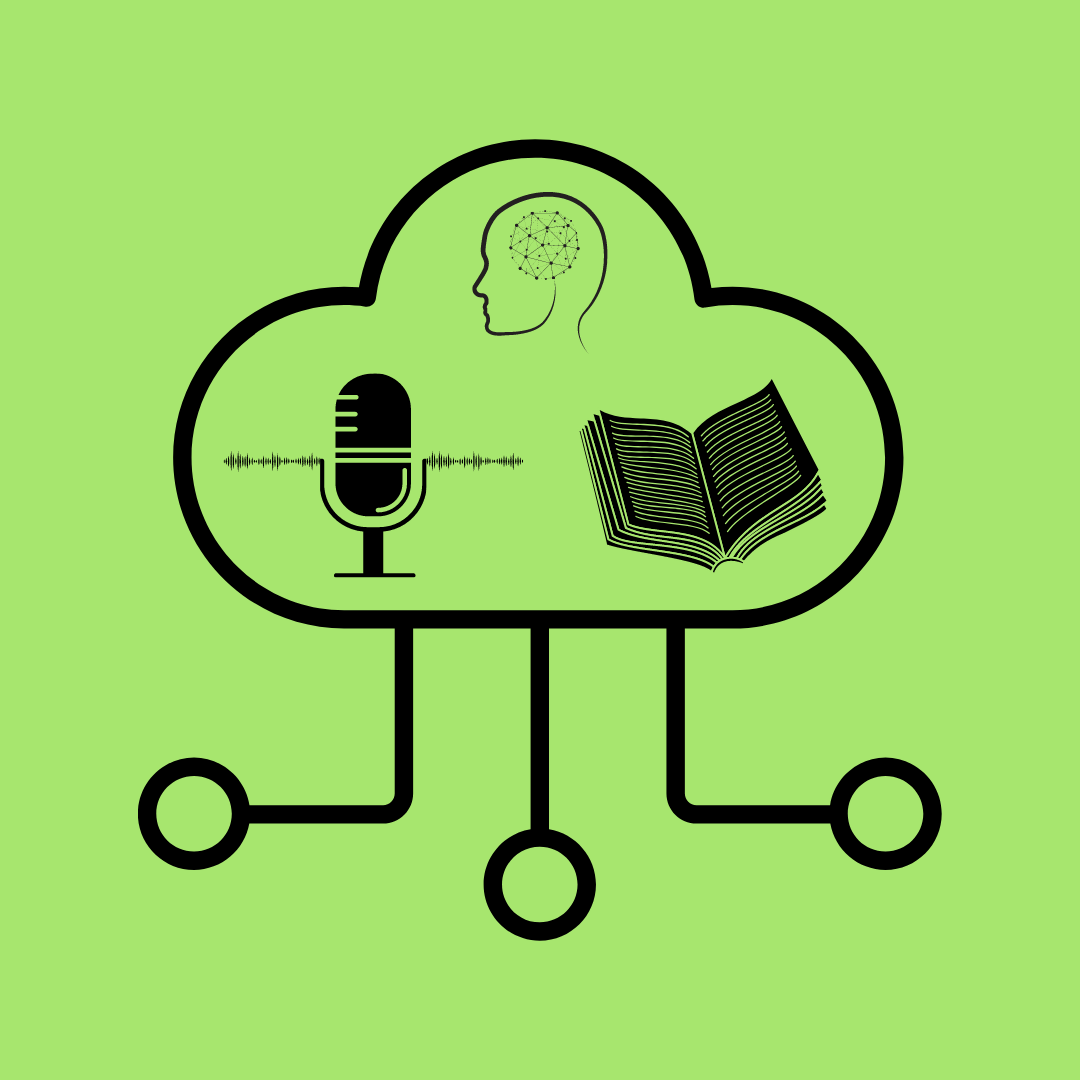Activation Potential, Feeling Better When Things Don't Go Your Way, & More
Article Round-Up: 12.18.22
Enjoy this week’s curated round-up of articles, podcasts, and more from the web.
“8 Life Lessons I Learned While Traveling Alone In Europe”
Takeaway: Lesson #8—No matter the places or things you see, what will make them truly special is the people you share them with.
Experiences, after all, serve the wondrous purpose of connecting souls.
Traveling alone, unlike anything else, gives you the opportunity to meet and connect with so many great people. Seize the opportunity.
Read the rest of the list by clicking on the link above.
Takeaway: Some of my favorites from this list:
Attach your definition of success to things that are within your control.
Regret is way more powerful than failure.
Glorify the right things.
Unless you’re new here you already know about my love of hearing others’ advice on life. Click the link to read Sahil Bloom’s full list of life lessons from 2022.
“How To Feel Better When Things Don’t Go Your Way”
Takeaway: Author Jason Feifer recounts times when author have shown up for the launch of their new book, only to be met with empty chairs. As disappointing as it may be, how can one overcome those moments of shame and doubt?
First, Feifer argues, is to reframe the entire situation. On the road to success, everyone must be met with the growing pains of failure. In Feifer’s eyes, these empty chairs at a book signing are a good thing, because it means that’s one less event of empty chairs he must go through before he reaches his success tipping point.
The second strategy Feifer shares, is to focus on the things you can control. If you’re expecting fifty people for your event, and only five show up, instead of wallowing in self-pity give those five followers the best experience possible.
Both of these strategies can help accept these moments that you’d rather erase from memory altogether.
“The Chemistry of Building Better Habits”
Takeaway: Habit change expert James Clear, Author of Atomic Habits, uses activation potential as a metaphor for how to build better habits.
In chemistry, activation potential is the minimum amount of energy required for a chemical reaction to occur. If the energy available falls below this threshold, nothing happens.
It is the same when creating new habits. The size of the habit—the amount of effort involved to complete the new task—determines how great the activation potential is. In other words, it’s how large the hurdle is before you’ll actually complete the task.
A goal of completing one push-up per day has much less activation potential than a goal to run 3 miles every day. It takes less effort to complete the former than the latter.
And this is where people get it wrong, because they shoot for the big changes right off the bat. The changes that require a huge amount of activation potential. No wonder it feels like an uphill battle.
Focus on simplifying habit changes to the lowest possible activation potential. Then build these small changes up over time.




